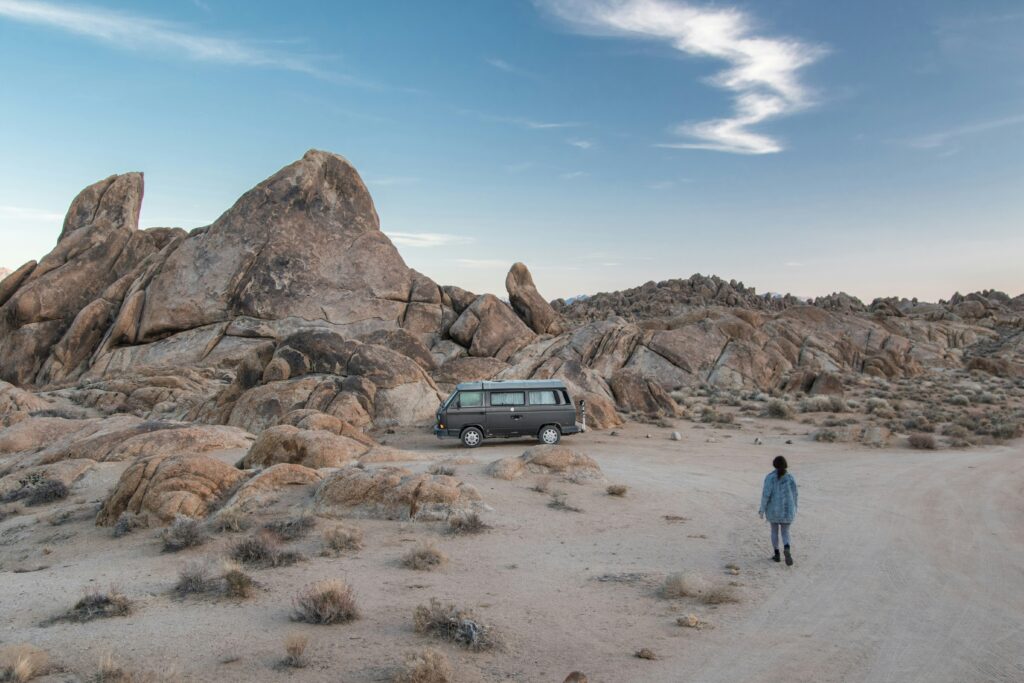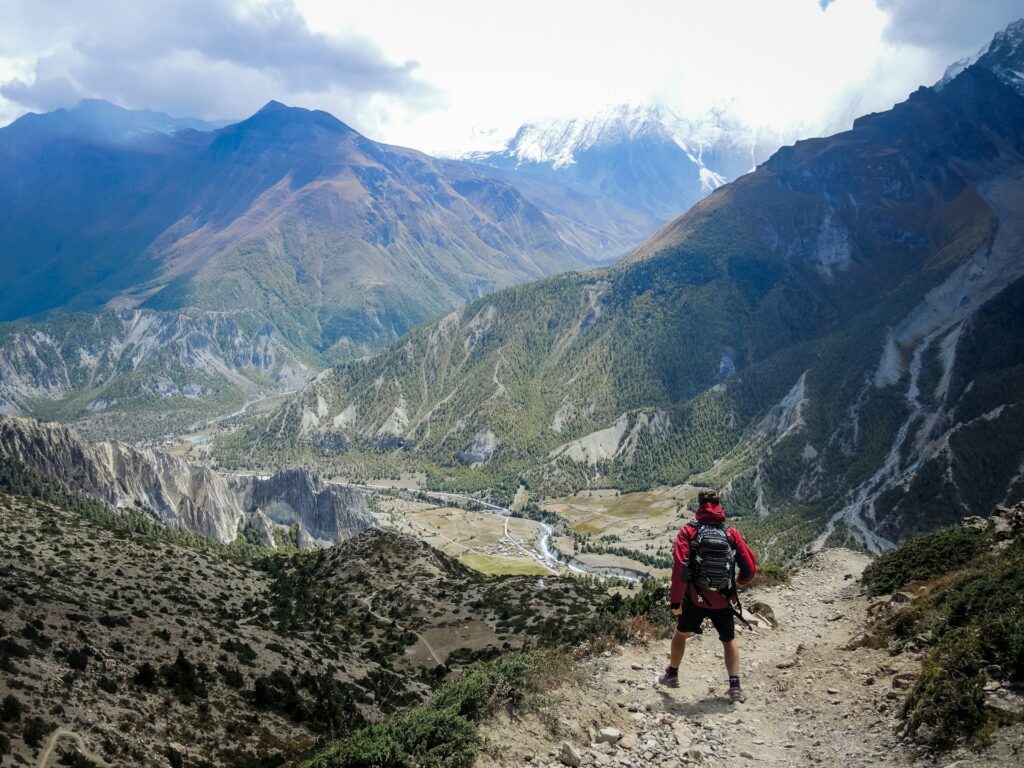Traveling to unfamiliar environments locally or internationally can be thrilling and exciting. Making spontaneous decisions, and discovering your capabilities and new people can be thrilling and exciting experiences for a solo traveler.
Having the right attitude while navigating unfamiliar territories can offer personal growth, authentic experiences, and unforgettable memories.
The challenges I have experienced in my solo journeys have often contributed to a transformative and enriching journey that I cherished until now.
However, traveling to unfamiliar environments as a solo traveler will come with challenges. These challenges can be as follows
- Finding yourself in unfamiliar places can often lead to overwhelming and disorienting solo travelers.
- It can be challenging getting help or information especially if the place speaks a different language from yours.
- Personal safety is the biggest concern, especially in potentially risky environments.
- Finding oneself in an uncomfortable or awkward situation due to differences in cultural and customs norms.
- Finding the right accommodation and understanding local public transportation can be overwhelming and time-consuming.
- You may experience times of loneliness and isolation because of a lack of companionship during the journey.
Despite these challenges, navigating unfamiliar environments can lead to self-discovery, and build a strong resilience in the face of challenges. Can also lead to meeting new people and creating meaningful connections.
Above all, navigating an unfamiliar environment requires careful planning and preparation. Here are some best practices to help you navigate safely and confidently:
BEFORE TRIP
1). Gain a thorough understanding of your destination. It’s the culture, customs, laws, and safety concerns of your destination.
Get to familiarize yourself with local attractions, transportation options, and emergency services.
2). Carefully plan a rough itinerary that includes key destinations, accommodations, and transportation details.
Before you leave, share your plans with a trusted family member or friend.
3). If traveling to a foreign country, it’s helpful to learn a few essential phrases in the local language.
Phases such as greetings, directions, and common expressions.
This shows respect for the local culture and if local people sense that they will greatly help.
4). It is highly advisable to purchase comprehensive travel insurance that covers medical emergencies, trip cancellations, lost belongings, and other unforeseen events.
Without travel getting access to stuff like that can be very costly.
DURING TRIP
Stay Connected: Keep your mobile phone charged and carry a portable charger.
1). Ensure you have access to local emergency numbers, your embassy contact information, and a navigation app Make sure you carry a portable charger and your mobile phone is always charged.
2). Make sure you have downloaded offline maps like HERE WeGo or use apps like Google Maps to help you find your way around. They can be very helpful in unfamiliar environments.
3). Make sure you carry copies of your passport, visa, ID, and travel insurance documents. Store or email yourself those copies for easy access in case of loss or theft.
4). Respect the local culture by dressing appropriately to avoid standing out as a tourist.
5). Do not display flashy jewelry or expensive electronics that may attract unwanted attention.
6). Stay alert to your surroundings at all times. Be careful when sharing information such as travel plans with strangers.
7). Always use reputable transportation options, such as licensed taxis, rideshare services, or public transportation.
8). Choose accommodations in safe neighborhoods, and read reviews.
9). Do not be careless, safeguard your valuables, and keep them within sight when in crowded places. Avoid leaving bags or belongings unattended.
10). It’s always wise to purchase a Local SIM Card to have access to affordable data and a local phone number for emergencies or contacting local services.
11). Be proper and respect locals. If you engage them right, they can provide valuable insights and assistance during your trip.
12). Do not panic In case of an emergency, remain calm and assess the situation. Follow the instructions of local authorities and seek assistance when necessary.
13). If you encounter an emergency or require legal assistance, contact your country’s embassy or consulate. Keep their contact information handy.
14). Make sure to always share location with a trusted contact and establish regular check-ins, especially if you plan to explore remote areas.
Lastly, If you keep the above in mind you will navigate unfamiliar environments with confidence and make the most of your solo adventure. Traveling solo can be a rewarding experience. Remember, YOUR SAFETY IS YOUR TOP PRIORITY.



